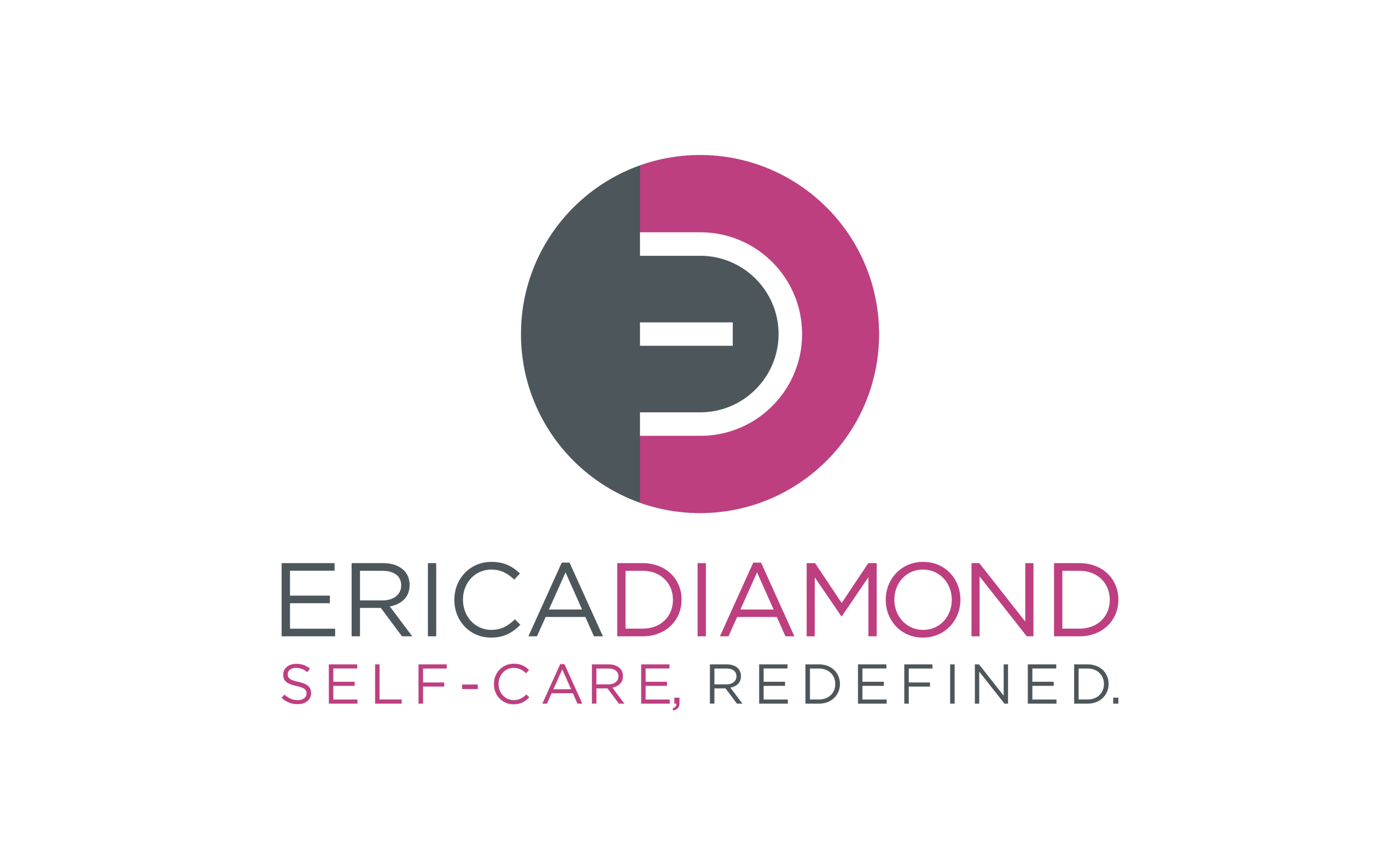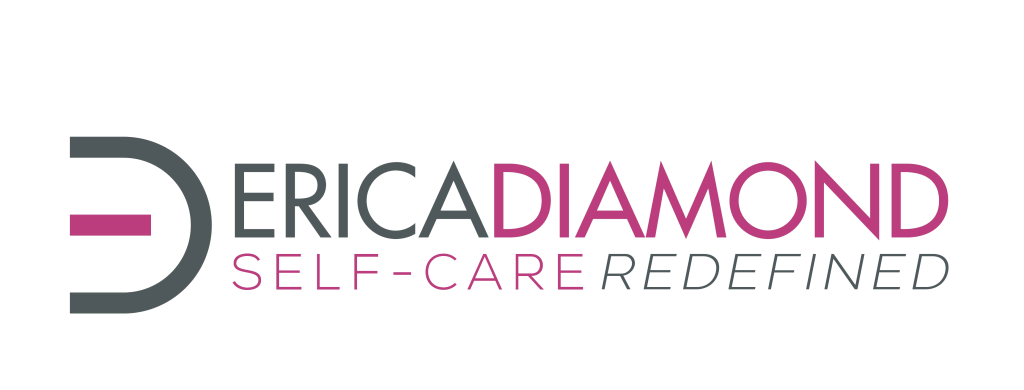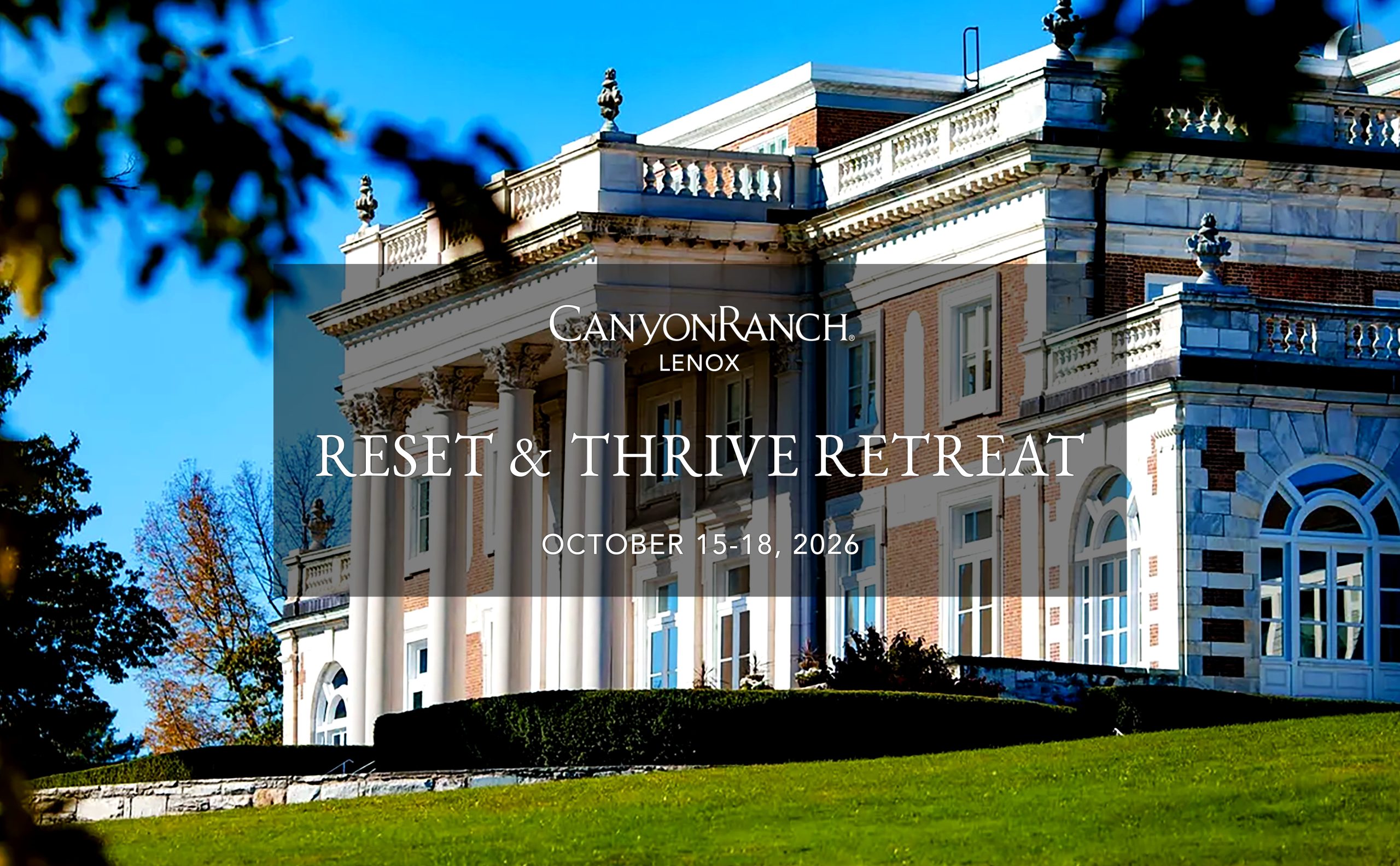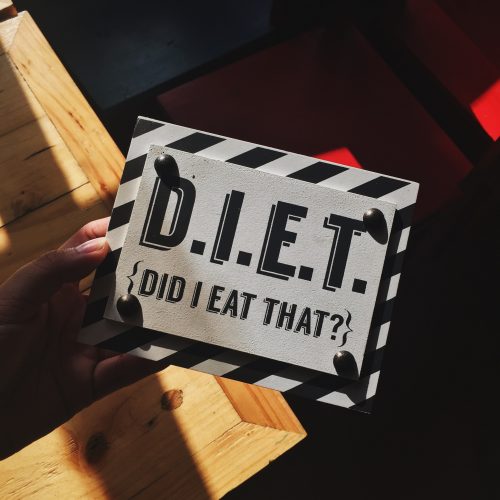
By Megan Pennington
The U.S. News & World has released their 10th annual ranking of the best and worst diets in 2019.
They looked at 35, including Keto, Whole 30, and Paleo, concluding that many of the most popular diets ranked among the WORST in terms of safety, weight loss, nutritional adequacy and sustainability (ease of following).
For example, the Ketogenic Diet ranked almost last at #34. This is a popular, very low carbohydrate diet which puts the body into a state of fat burning for energy. Experts gave it very low scores for safety, nutrition, long-term weight loss, heart health, and ease of following. I personally agree that it is unnecessarily restrictive for most people, and comes with too many potential drawbacks.
Another popular diet: the Whole 30, was ranked only slightly better at #33. It’s a 30 day elimination diet designed to remove potentially inflammatory foods. The expert panel gave very low scores for nutrition, long-term weight loss, heart health, ease of following, and diabetes control. As it’s a short term plan aimed to identify food triggers, I personally disagree with the low rankings.
The Paleolithic Diet, also very popular, ranked #29. This diet eliminates modern-era foods like grains, dairy and legumes under the premise that we have not adapted well to consuming these foods. Experts gave low ratings for nutrition, long-term weight loss, heart health, and ease of following. There is substantial research on this diet that was not considered in the review, therefore I do not agree with all the ratings. That said, it is true (as with any diet), that removing whole food groups can lead to nutritional imbalance, and thus I usually recommend a modified version.
It is important to note that experts rated the diets based on randomized control studies, not anecdotal evidence. In other words, the diets which have been around the longest and have the most clinical research were ranked higher, while the newer (yet potentially more effective diets based on anecdotal and clinical evidence combined) ranked lower. I noticed as well, that not all research was taken into consideration. So the lowest rated diets may not actually be the worst for your health, and may in fact turn out to be the best with more time and research.
SO, THEN HOW DO YOU CHOOSE?
The most important point to keep in mind is that ALL OF THESE DIETS ARE GENERIC.
You might feel great removing animal foods. Or you might develop a nutrient deficiency and feel like you’ve been hit by a truck…
You might feel amazing on a very low carb diet. Or you might become anxious and insomniac…
You might lose weight while following a Paleo diet. Or you might actually gain weight and look 6 months pregnant because it accidentally increased your trigger foods…
I’ve seen every single one of these outcomes in multiple clients.
WHY?
Because not everyone thrives on the same foods.
Not everyone adequately digests the same foods.
Not everyone feels good after eating the same foods.
The truth is: no matter how great a diet looks on paper, it may not be healthy for YOUR UNIQUE BODY.
So, how do you know which way of eating will be best for you?
Well, you could do trial and error. This is usually a slow process that can take months or even years before seeing the effects (both good and bad).
I’ve had many vegetarian clients find that after years of avoiding animal food, they ended up deficient in certain nutrients like B12 and zinc. Deficiencies can truly make you feel awful! Many don’t realize how poorly they feel until they reintroduce animal foods (and some end up needing B12 injections too).
The diet that will best serve you will depend on your unique body, what stage of life you are in, your ability to digest and absorb nutrients, your immune response to various foods, you hormones levels, enzyme levels, and even your emotional state and the beliefs you have around food. WILD, I KNOW!
No expert rating is going to tell you what that looks like for you.
That said, some of these mainstream diets are useful to experiment with, so that you have a framework to follow and somewhere to start.
The important thing to remember is to listen to YOUR body first and foremost, not the words on your screen.
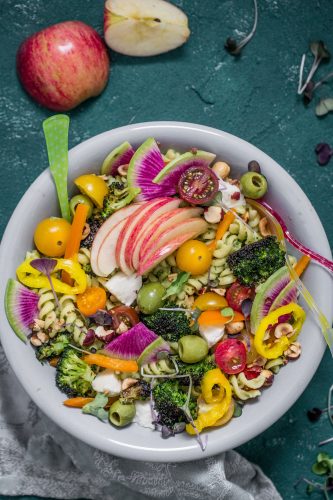
AND THEN WHAT?
What if you’ve tried a bunch of diets and you’re still feeling sick and tired and overweight with digestive issues and all kinds of other symptoms?
That’s the moment to go deeper.
That’s your body telling you that something is going on at a biochemical level that needs your attention. It could be food sensitivities, emotional distress, dysbiosis, or nutritional imbalance…
In my practice I have personally found that doing a Mediator Release Test to identify your unique food triggers is usually the best place to start. One of the best things you can do for your current and future health is to keep inflammation to a minimum. Inflammation is implicated in every modern disease. This test allows you to do that.
You can test for nutritional status as well, to get an idea what foods to focus on that will re-balance your body on a nutritional level.
And of course, address any stress, beliefs, emotions or patterns which may be limiting your overall health and well-being. If you would like to learn how to do this, I have a free webclass for you at mpholisticnutrition.com/webclass.
There’s a saying from Anne Wigmore that I like very much, “The food you eat can be either the safest and most powerful form of medicine, or the slowest form of poison.”
Here’s to eating well and feeling vibrant at any age or stage!
—
ABOUT
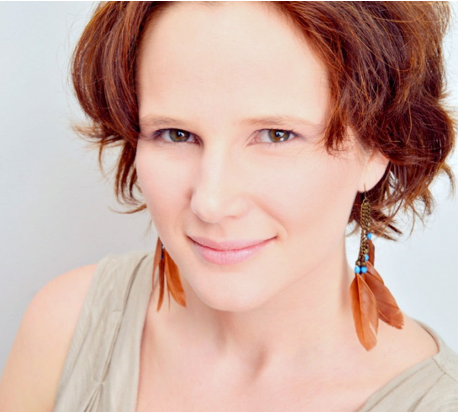
Megan Pennington is a Food Sensitivity Specialist and Certified Holistic Health Practitioner specializing in weight loss, inflammatory conditions, gut health and mind-body medicine. Visit mpHolisticNutrition.com for more info.
